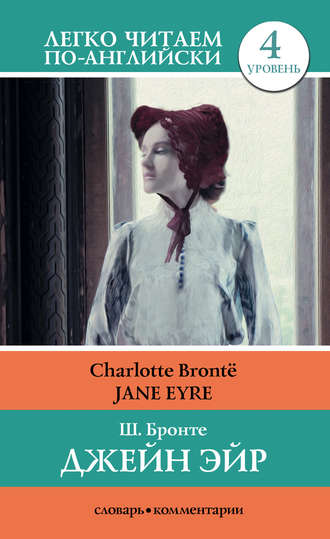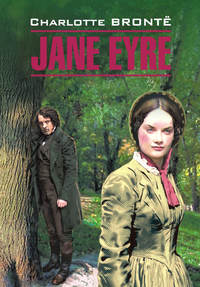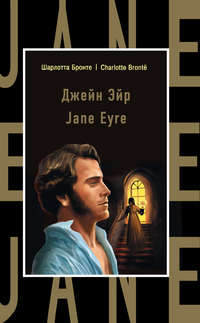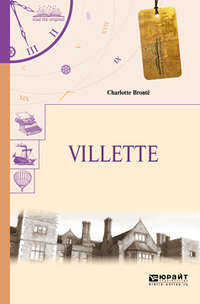Джейн Эйр / Jane Eyre

Полная версия
Джейн Эйр / Jane Eyre
Жанр: зарубежная классикаизучение языкованглийский языклексический материалтекстовый материалзадания по английскому языкуанглийская классикаUpper-Intermediate levelзнания и навыки
Язык: Английский
Год издания: 1847
Добавлена:
Серия «Легко читаем по-английски»
Настройки чтения
Размер шрифта
Высота строк
Поля
Конец ознакомительного фрагмента
Купить и скачать всю книгу











